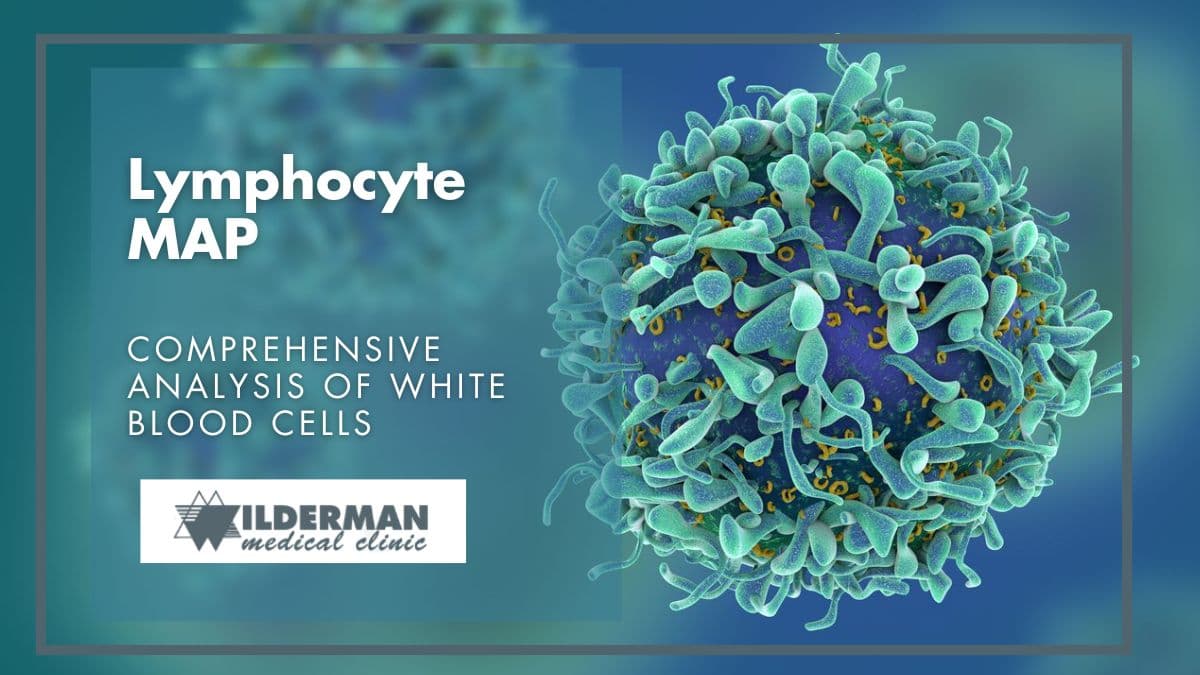Rheumatoid Arthritis: Shifting the focus from control to cure

A decades-long shift in understanding the B-cell arm of the immune system has produced treatments that relieve the joint-destroying inflammation caused by rheumatoid arthritis. However, a group of researchers at New York University Langone Medical Center and the University of Pittsburgh say relapse remains inevitable until research puts underlying defective B cells on centre stage.
In the study recently published in Arthritis & Rheumatology, Gregg Silverman, MD and colleagues describe their newly designed test for measuring underlying autoimmunity. They recommend that clinical trials for new drug development incorporate the test to shift focus from controlling inflammation to finding a cure for rheumatoid arthritis (RA).
Unlike osteoarthritis, which results from joint wear and tear, RA is an autoimmune disease that destroys and deforms joints, and can also damage the skin, eyes, lungs, heart and blood vessels. The main treatments for RA include methotrexate and TNF inhibitors that control inflammation.
With a focus on defective “memory” B cells that secrete anti-citrullinated protein antibodies, or ACPAs present in the blood of the vast majority of RA sufferers at diagnosis, the study had three main components.
- Assays were used to detect and identify a range of antibodies produced by B cells in cell cultures.
- Blood samples were taken from RA sufferers and non-sufferers, showing high levels of ACPA secreting memory B cells in the blood of people with the autoantibodies, but not in people without autoantibodies or in the people without RA.
- RA sufferers in remission after treatment with either methotrexate or TNF inhibitors were assessed for serum APCA levels with the conclusion that neither treatment is capable of affecting the underlying autoimmunity that causes a relapse.
Written by: MaryAnne Pankhurst
Disease-associated anti-citrullinated protein memory B cells in rheumatoid arthritis persist in clinical remission
Adam J. Pelzek MS1, Caroline Grönwall PhD1, Pamela Rosenthal MD1, Jeffrey D. Greenberg MD1, Mandy McGeachy PhD2, Larry Moreland MD2, William F.C. Rigby, MD3, and Gregg J. Silverman MD1.
Need to get in touch?
Address: 8054 Yonge Street Thornhill, Ontario L4J 1W3
Phone: (905) 886 1212
Latest articles
May 5, 2024
May 5, 2024
May 5, 2024
May 5, 2024






